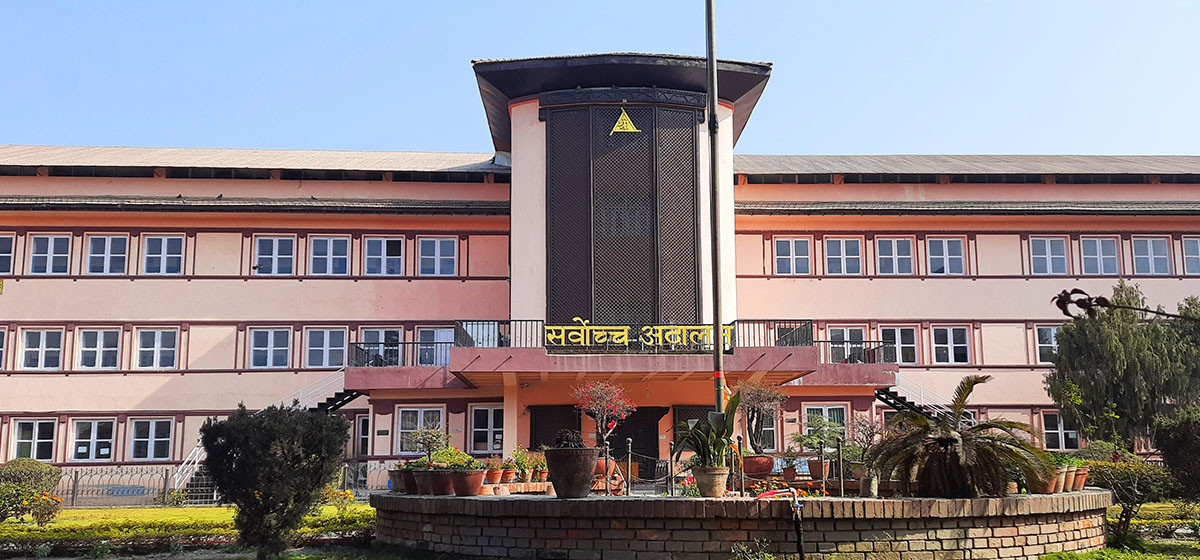Various reports and surveys paint the troubling picture of Nepal’s mental health. A study of 2013 showed 37.5 percent of Nepalis suffer from mental illness. More recent reports show around 2.2 million Nepalis, aged between 16-40 years, suffer from mental health and significant number of victims are children. But as things stand, we do not have adequate resources to help these suffering people cope with the situation. For example, according to an estimate, there are only 0.58 beds per 100,000 people in Nepal to avail mental health services and hospitals providing mental health services are concentrated only in urban areas. Additionally, the budget allocated for curing mental illness is inadequate. In fiscal year 2018/19, the government allocated 4.29 percent of its total budget for health and population, which is not enough for providing basic health services, let alone mental health.
Mental Health and Human Rights

This neglect also manifests in sorry state of the only hospital created to serve the mental health patients. The hospital we have in Lagankhel of Lalitpur lacks sufficient beds. While patients from across the country throng to this hospital, it does not have proper infrastructure, equipment and human resources to cater to their needs. The hospital, stretched across nine ropanis (around 4,600 square feet) of land, is operating with the same number of staffs and doctors as it did 35 years ago. There are three beds in the emergency ward and 47 in the general ward. The hospital has government quota of 47 staff members but 23 quotas are yet to be filled. It is clear that additional infrastructure, human resources, and equipment must be provided to keep the hospital functioning. The number of mental health patients has sharply increased over the years. If treatment is not provided to them on time, they will develop multiple complications related to physical and emotional wellbeing. Various studies have shown that mental health affects people of every age and can result in suicides. In a country that witnessed a decade-long civil war and the devastating earthquakes 2015, large number of people must be waiting for proper mental health treatment. There are reports of many survivors of civil war and earthquakes struggling psychologically.
Mental health patients suffer a number of ill-treatments in their life. First, they are taken as ‘mad’ people and even members of the family and the community tend to take them as a burden. This flawed and dehumanizing notion of mental patients needs to change immediately. More importantly, the government needs to equip health institutes with necessary infrastructure, budget and human resources to ensure that they receive the treatment in time. At Mental Hospital in Lalitpur, a number of patients are seen waiting for admissions which they rarely get, forcing them to languish in uncertain situation for months. The government should start with the reform in this hospital but the initiative should not stop there. We need to equip district-based hospitals with all required infrastructure so that suffering patients do not have to come all the way up to Kathmandu to be denied access to service.




































